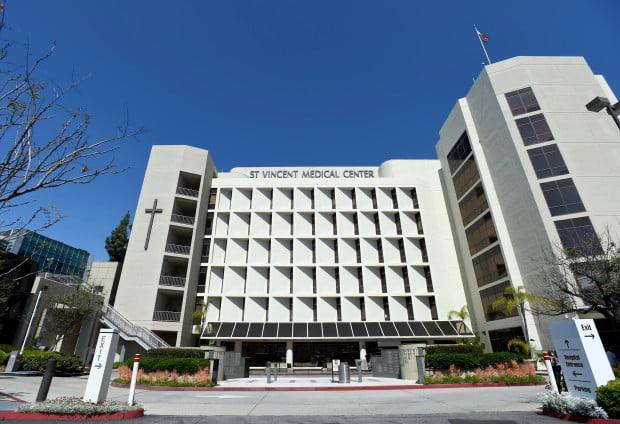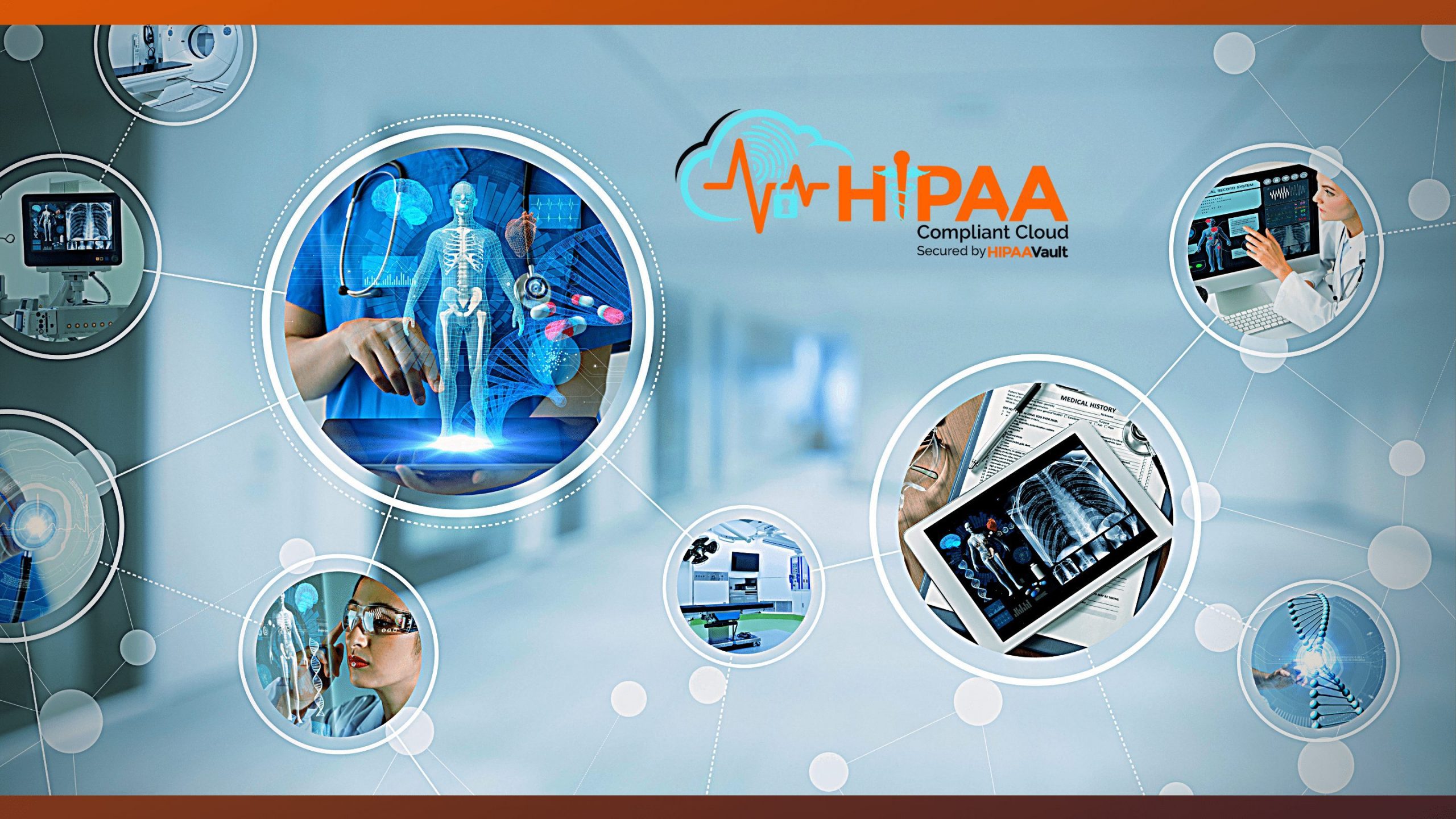
HIPAA Vault Expands Telemedicine Services during Covid19
In the wake of the Covid-19 pandemic, remote health services and telemedicine technologies – already in operation in many places – are now in high demand. With critical isolation and quarantine protocols now impacting non-emergent, in-person exams, the need is great for health providers to adopt effective consultation alternatives. As a result, some telemedicine companies... Continue reading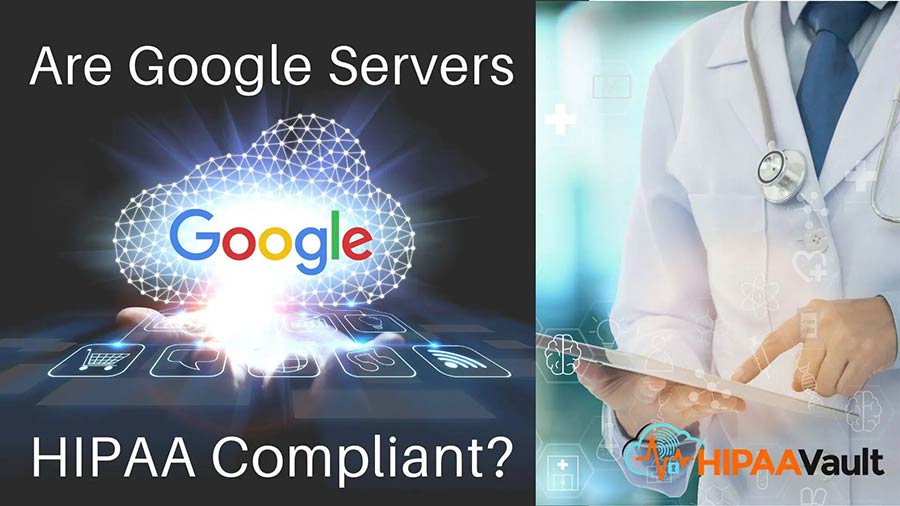
Are Google Servers HIPAA Compliant?
Innovative healthcare technology providers, including developers of telemedicine apps for virtual consults, rely on-site responsiveness and high data availability to facilitate patient care. Before choosing the cloud, these important technology providers will often ask if Google servers can meet the tests for HIPAA compliance; in other words, will they ensure the confidentiality, integrity, and high... Continue reading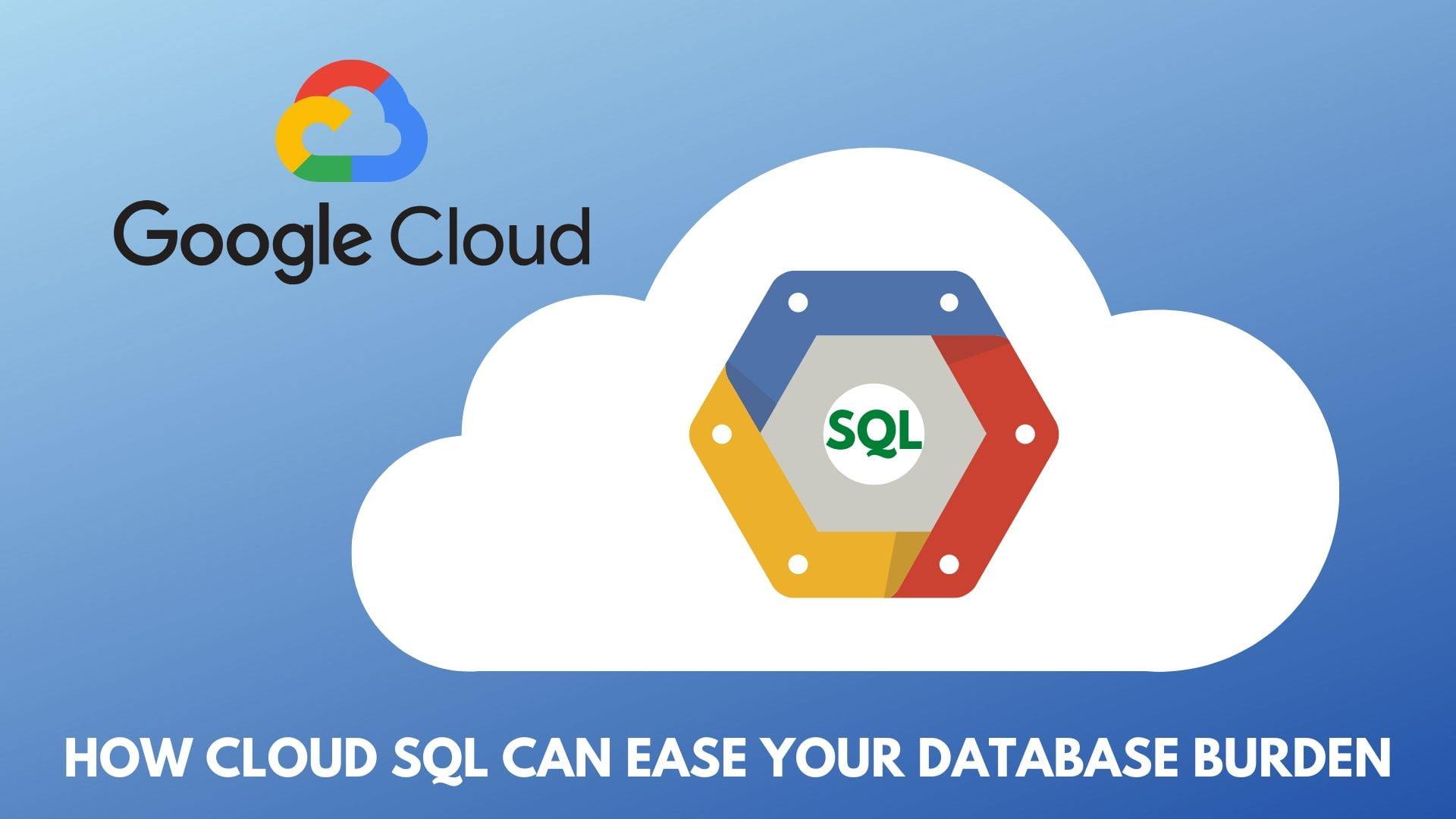
How Cloud SQL Can Ease Your Database Burden
Like never before, businesses must contend with an explosion of data to be analyzed, stored if necessary, and quickly retrieved in order to solve problems and meet business goals. For healthcare especially, highly secure and available databases are critical to access life-saving information and provide key services. How efficiently and affordably an organization can manage... Continue reading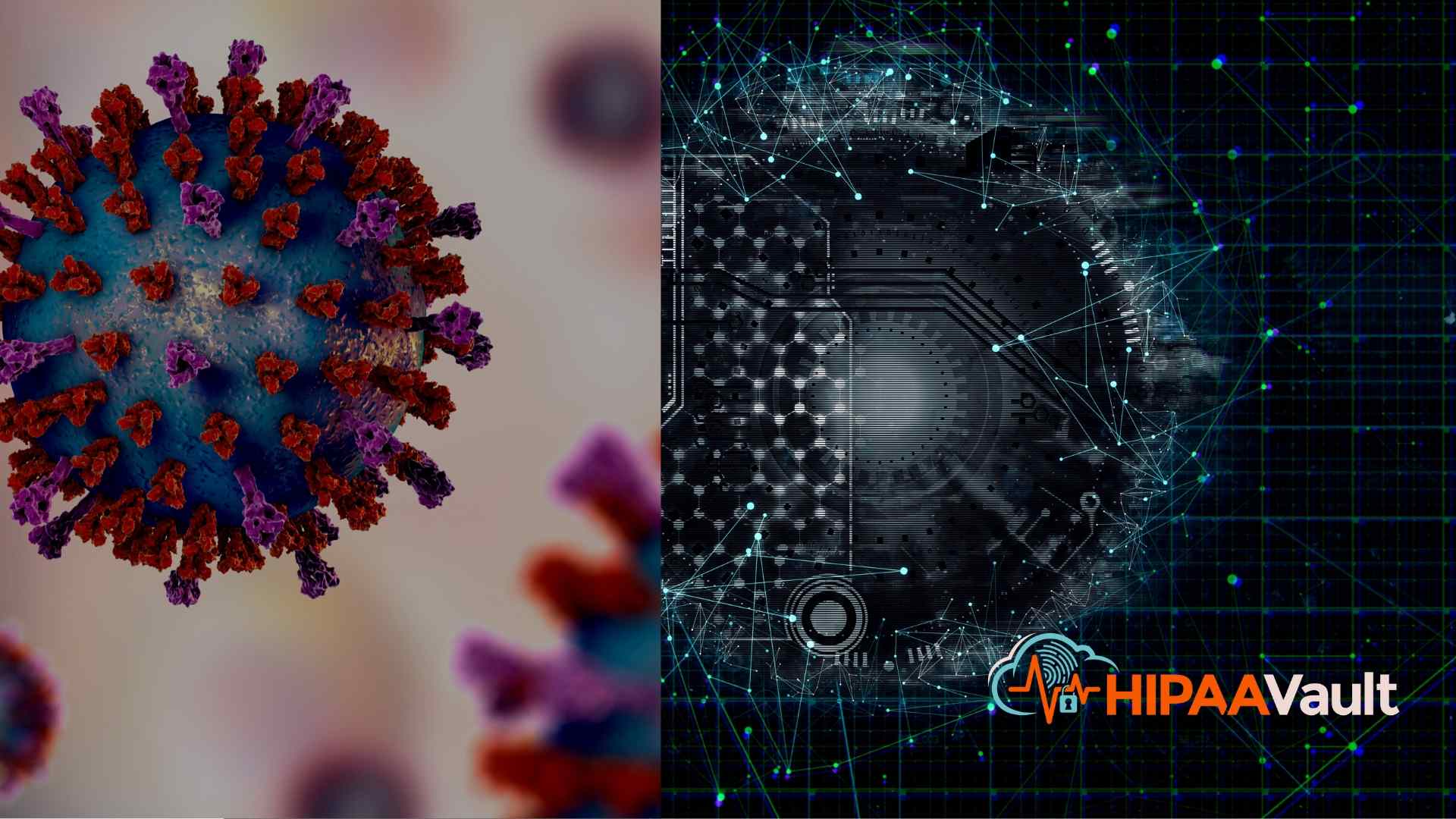
Is it Safer Online? Coronavirus, Cybersecurity, and HIPAA
As schools, businesses, healthcare organizations, and individuals everywhere seek to adjust to the COVID-19 pandemic with safer ways of operating, many are opting to work from home or transition their business services to online portals. This move to do more than social distancing to “flatten the curve” is certainly warranted – especially for those health... Continue reading

